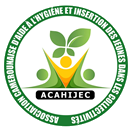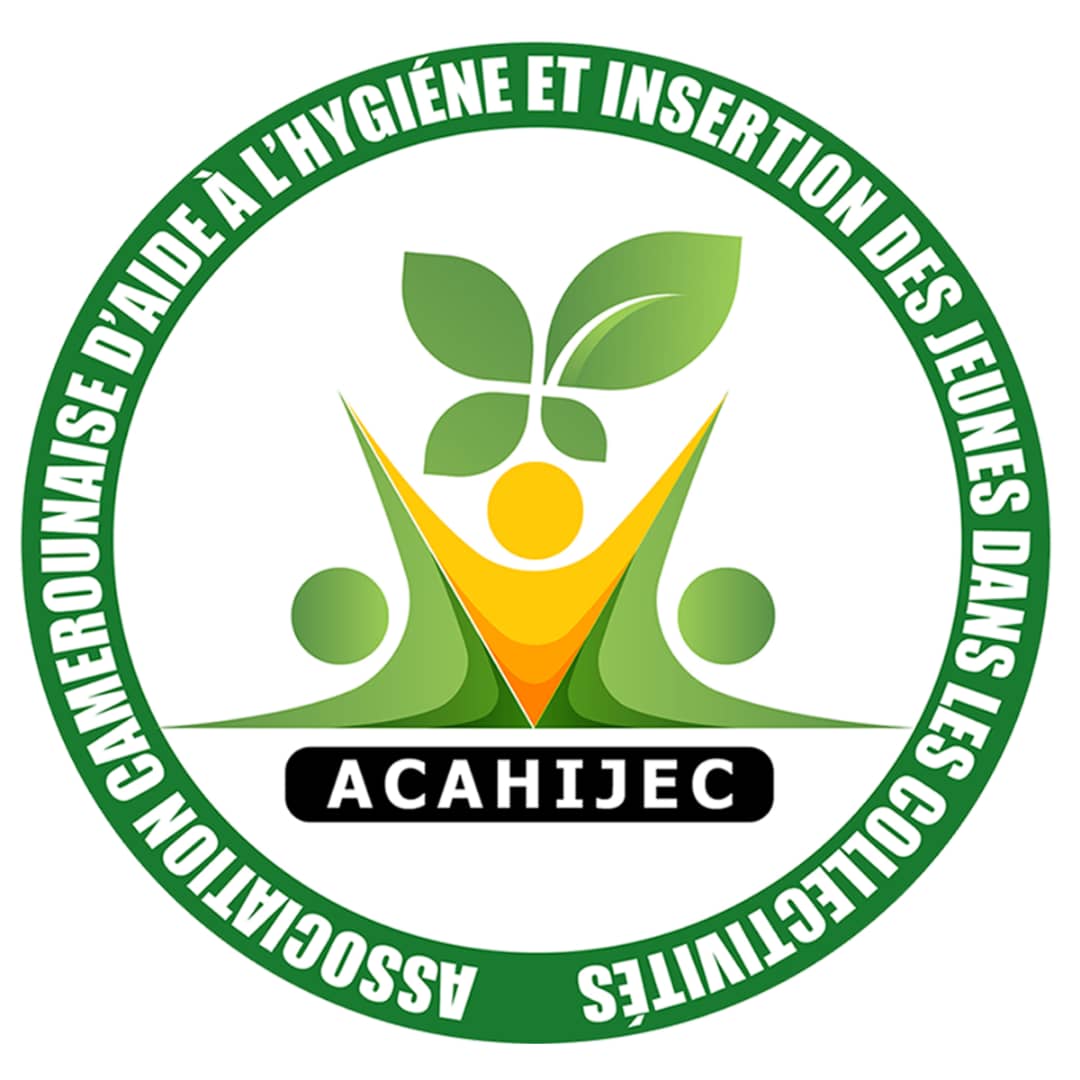The ideal location and design of the toilet
When planning and building toilets, urinals, water points and handwashing points, two priorities must prevail for children :
The opportunity to learn in a healthy and safe environment ;
The opportunity to put into practice the good hygiene habits learned at school.
Using the toilet, washing hands and collecting water include several small steps and require certain preparations. If the activity is difficult to perform, complex or time-consuming, children may skip some of the necessary steps, creating potential health risks. The facilities must therefore be located close to schools, have sufficient capacity, therefore offer sufficient toilets and sinks in relation to the number of students, be of an appropriate size and easy to use, and provide soap and water for hand washing and anal toilet at all times.
They must stimulate children's learning and development and be age-appropriate. Younger children do not have the same ability to learn complex concepts as older children. It is important to take these different learning modalities into account not only in the development of hygiene education teaching aids, but also in the design of facilities.
Interactive learning and involvement through play encourage children to practice their new habits.
The "Water, Sanitation and Hygiene Education" initiative can be an extension of the educational environment: it offers opportunities for interaction and can be a powerful tool for hygiene education.
Children can be stimulated by their environment in a variety of ways. The categories of development are as follows :
Environmental: Children receive information through sight, smell, hearing and touch and process this information according to their degree of development. The spaces they encounter, including toilets, water, sanitation and hand-washing facilities, offer them a range of positive and negative experiences in terms of colors, smells, shapes and sounds.
Social: The way spaces are organized and used can allow children to isolate themselves or promote contact with others. The toilet, for example, requires both privacy and a common space.
Creative: The possibility of appropriating the space and adapting it to match their needs can stimulate children's creativity. Children can decorate walls and solve functional problems, which promotes creative thinking.
Physiological: the use of the facilities makes it possible to develop the motor skills of young children, for example improving the accuracy of their body movements, aiming for the hole of a latrine. Using these facilities requires gross motor skills (climbing stairs, using a pump) and fine motor skills (opening a tap, using a door handle or a lock).
The morphology and delicacy of the girl, her menstrual health, impose a specificity in the design and construction of their comfort spaces.
The design of toilets for them should provide for the installation of a floor urinal on a waterproofed floor inclined enough towards the siphon to drain urine, and equipped with walls with a waterproof surface (ceramic tiles, for example).
To respect privacy, the urinal must have a low-height door (1500 mm, as in the diagram) equipped with hooks to hang loose clothes if necessary, in order to avoid soiling them on the wet floor.
The width of 700 mm indicated on the plan takes into account the clothes that they usually wear according to cultures and uses concerning modesty.
The depth of 800 mm takes into account the seating position and the desirable free space, while saving the available space as much as possible. It is also assumed that adult female teachers will use these toilets.
The open siphon must be 100 mm wide so that it can be regularly cleaned. It is necessary to ensure that the floor is well inclined in the direction of the siphon.



